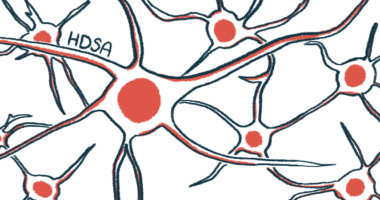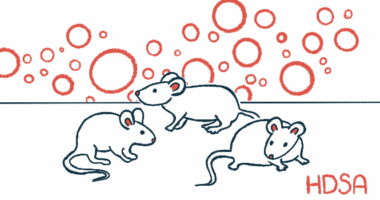Wave Life Sciences to Start Trials of Two Therapies That Target Huntington’s Mutations

Wave Life Sciences will start two Phase 1b/2a clinical trials to investigate the safety and tolerability of its products WVE-120101 and WVE-120102 in Huntington’s disease patients.
The trials will also look at the therapies’ effectiveness.
“Wave’s PRECISION-HD program is the first to target the underlying cause of Huntington’s disease with an allele-specific approach,” Dr. Michael Panzara, head of the company’s neurology program, said in a news release. “Obtaining approvals to initiate these global studies as part of our first clinical program marks an important milestone for Wave. More importantly, these investigational compounds have the potential to address a critical unmet need for the [Huntington’s disease] patient community where no disease-modifying treatments are currently approved.”
Each of the trials will enroll 50 adults with early symptoms of Huntington’s and one of two mutations of the huntingtin gene. Abnormal versions of the gene create the protein that is faulty in the disease. WVE-120101 targets one mutation and WVE-120102 another.
The clinical trial of WVE-120101 will be called PRECISION-HD1 and the one for WVE-120102 will be called PRECISION-HD2.
Patients interested in enrolling in a trial will be screened for one of the two mutations that the therapies target, and, if eligible to take part, directed to the pertinent study.
The trials will analyze the safety and tolerability of each drug when administered to the spinal canal. Researchers will also look at how each impact levels of huntingtin, and their effectiveness against the disease.
WVE-120101 and WVE-120102 work by binding to messenger RNA associated with mutations of the huntingtin protein, preventing the mutations from functioning. Messenger RNA is a copy of a DNA component that contains information required to produce a protein.
The drugs silence huntingtin mutations while allowing the healthy version of the gene to function, thus producing healthy protein.
Each drug targets distinct patient populations with different genetic mutations who collectively account for over two-thirds of those with Huntington’s.
“Reducing the disease-causing mutant huntingtin while preserving the healthy protein would be an important breakthrough for the HD [Huntington’s] community,” said Edward Wild, a member of the PRECISION-HD clinical advisory committee. “The pre-clinical [trial] data for Wave’s targeted compounds are encouraging, and I am thrilled that we are beginning to explore the potential of these compounds in [Huntington’s] patients in this exciting program.”






